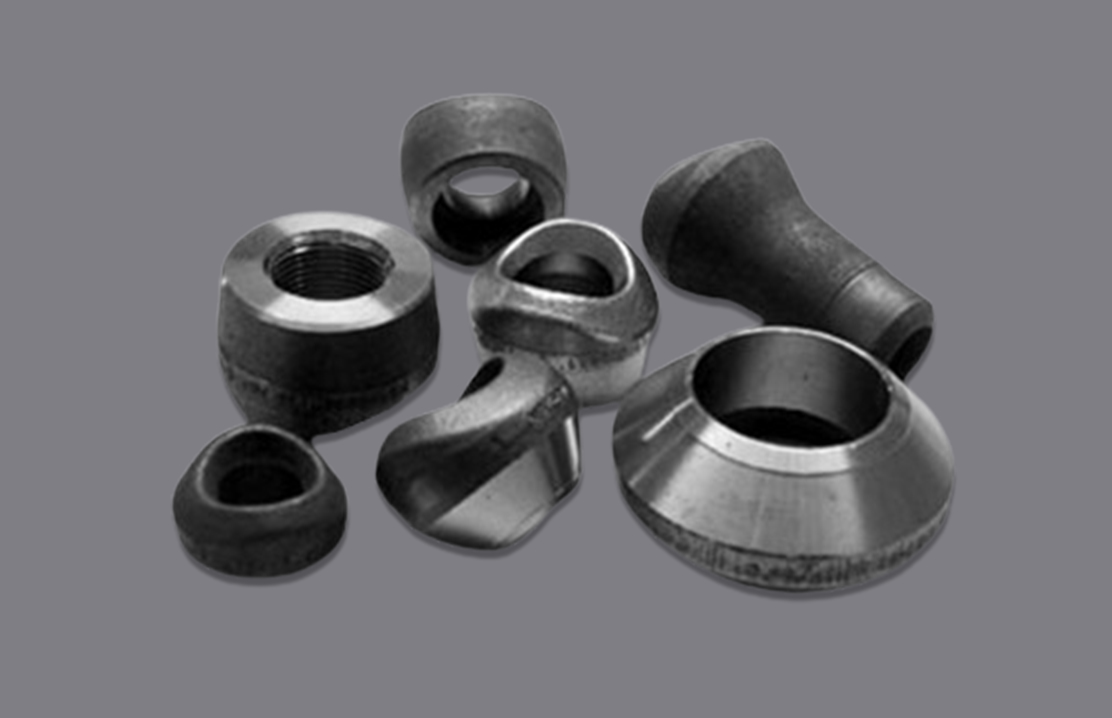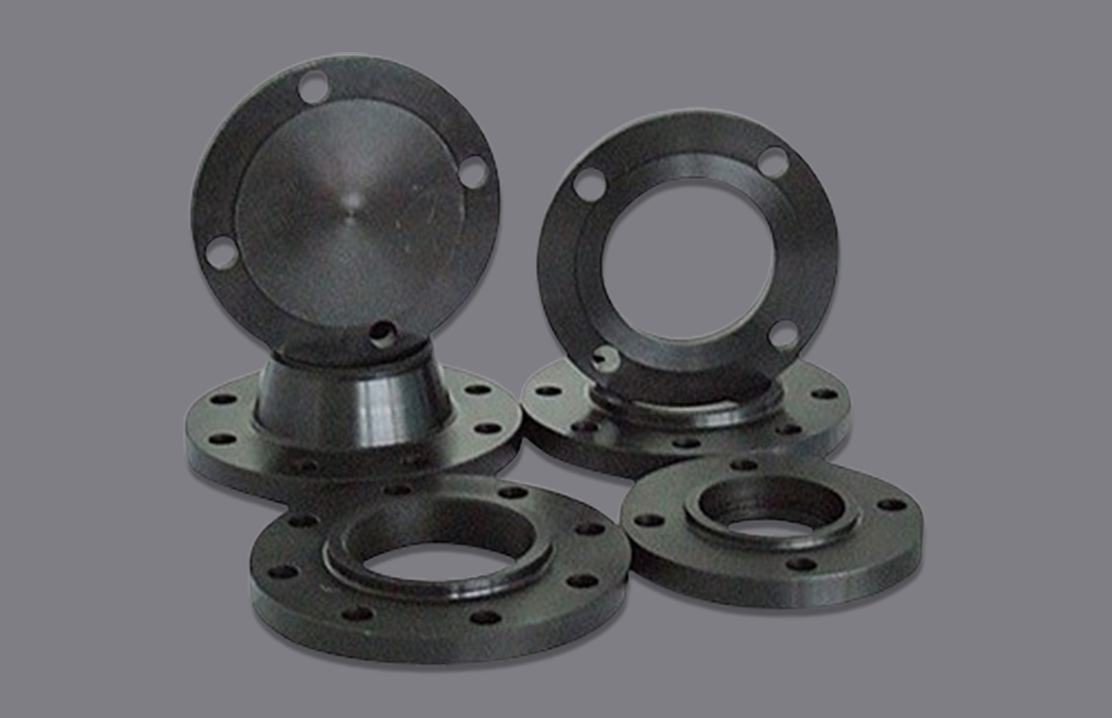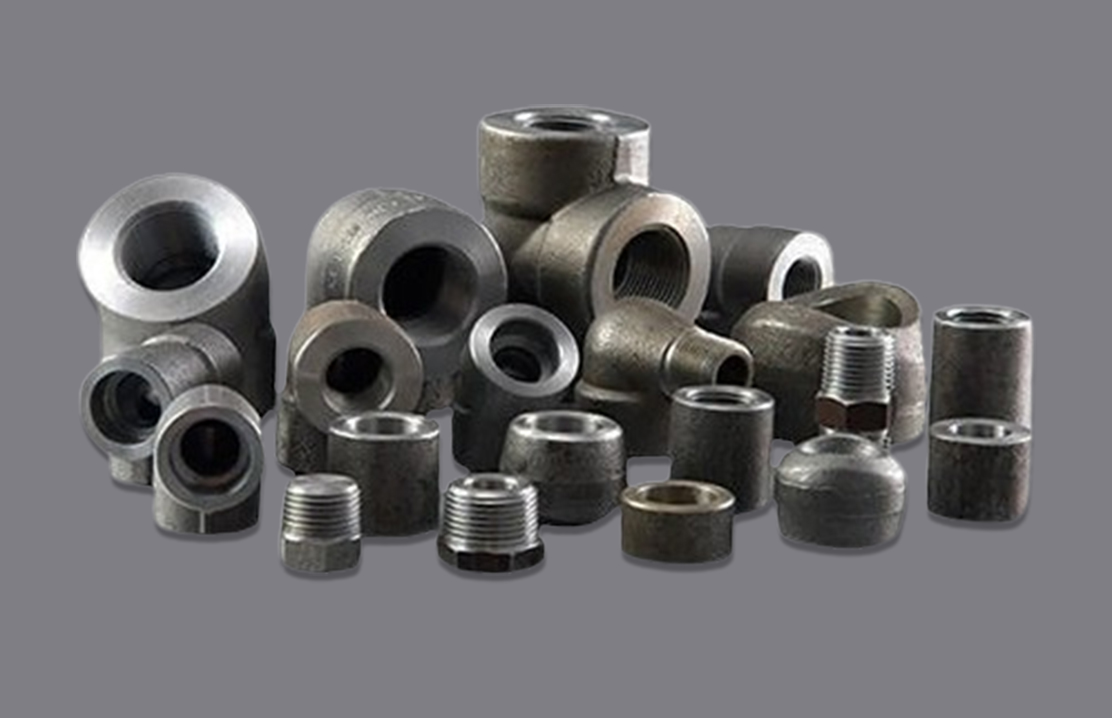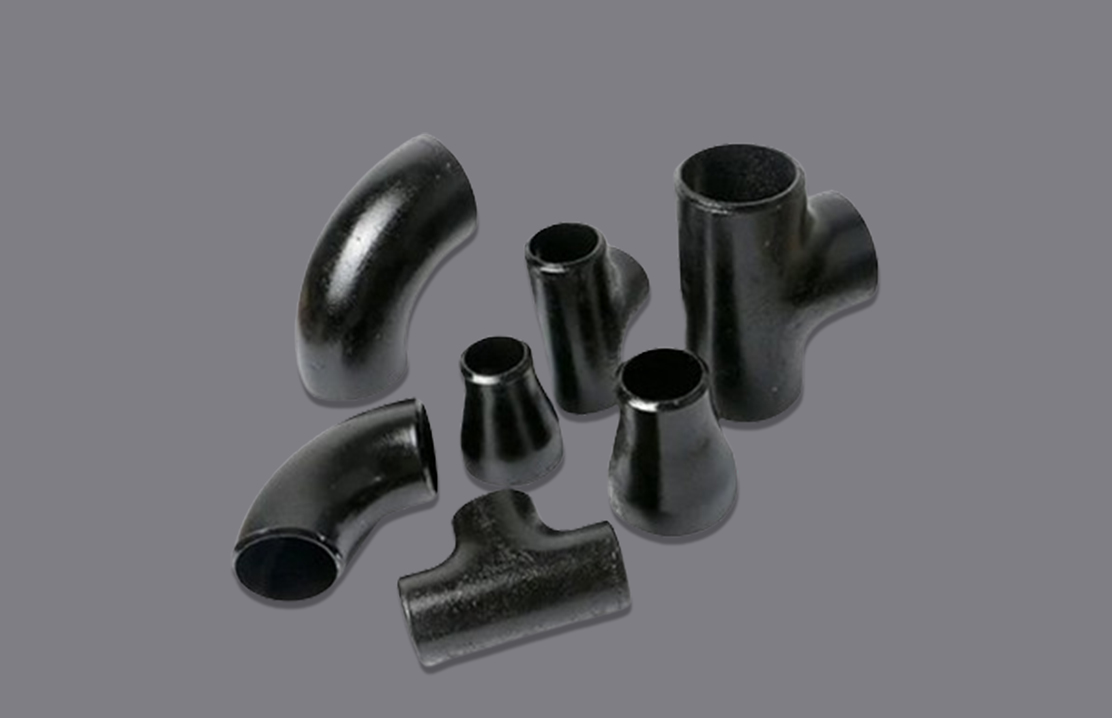Carbon Steel Slip-On Flanges
Home - Carbon Steel - Carbon Steel Flanges - Carbon Steel Slip-On Flanges
Carbon Steel Slip-On Flanges
For convenient and efficient piping installations, consider Carbon Steel Slip-On Flanges from EBY Fasteners. Their slip-on design simplifies assembly by reducing the need for precise pipe cuts and alignment. Filet welds secure the flange in place, offering a time-saving and cost-effective solution for various industrial needs
Let our experts guide you through the selection process. We’ll help you choose the ideal carbon steel grade, flange class, and surface finish to ensure optimal performance within your specific piping system. Whether your project calls for standard slip-on flanges or customized solutions, EBY Fasteners has the knowledge and resources to meet your requirements


Choose EBY Fasteners for your Carbon Steel Slip-On Flange needs. We are dedicated to quality at every stage, from manufacturing to delivery. Our commitment to industry standards and exceptional customer service guarantees a smooth and successful experience. Contact us today to learn how we can streamline your piping installations


Choose EBY Fasteners for your Carbon Steel Slip-On Flange needs. We are dedicated to quality at every stage, from manufacturing to delivery. Our commitment to industry standards and exceptional customer service guarantees a smooth and successful experience. Contact us today to learn how we can streamline your piping installations
- ASTM A105 : The go-to for forged carbon steel components. This standard offers a balance of strength, weldability, and affordability, making it popular for general-purpose slip-on flanges in many industries
- ASTM A182 : Often used for forged alloy flanges, including stainless steel. When slip-on flanges require enhanced corrosion resistance or specific mechanical properties, choosing alloys within this standard becomes essential
- ASTM A694 : This standard covers high-strength forged carbon steel, with grades like F52 offering significantly higher yield strengths than A105. For high-pressure piping or systems with heavy loads, opting for an ASTM A694 slip-on flange provides the necessary strength for safe operation
- ASTM A350 : A key standard for low-temperature applications. Grades like LF2 excel at retaining toughness in frigid environments. Slip-on flanges made from ASTM A350 ensure reliable performance in cold climates or cryogenic processes
- ASTM A516 : While primarily focused on pressure vessel plates, it can be used for manufacturing slip-on flanges. Grades within this standard offer a range of properties and might be selected to match specific pressure and temperature needs
- Important Notes :
Match Grade to System Demands: The most suitable grade depends heavily on the specific operating conditions of your piping system. Always factor in the following
- Pressure and Temperature : Higher pressures and temperatures may necessitate stronger grades with higher yield strengths, such as those found in ASTM A694. Consult manufacturer data sheets and industry standards for guidance
- Corrosive Environment : If your flange will encounter corrosive fluids or harsh chemicals, choosing standard carbon steel grades might not be sufficient. In these cases, stainless steel or other alloys are often a better choice
- Consider the Total Cost : While lower-strength carbon steels may be more budget-friendly upfront, sometimes investing in a higher-strength or corrosion-resistant alloy can offer better long-term value. Stronger grades may allow for thinner-walled piping, and increased corrosion resistance translates to longer flange lifespan, minimizing maintenance or replacement costs over time
- Parameter : This section defines the essential characteristics of the flange, guiding the manufacturing process and informing the user of its fundamental properties
- Flange Type : The "Slip On" designation indicates the flange's installation method. It slips over the pipe and is then secured with filet welds both inside and outside. This offers advantages in terms of ease of installation and lower alignment precision requirements compared to other flange types
- Material : Forged Carbon Steel emphasizes its manufacturing process. Forging yields a stronger, more homogenous material compared to simply casting the flange. Carbon steel is a versatile choice suitable for many general-purpose and industrial piping applications
- Specification : ASTM A105 is a widely recognized standard defining carbon steel composition, mechanical properties, tolerances, and testing requirements for forged components (including flanges). Adherence to this standard ensures reliability and compatibility within regulated sectors
- Size : The range from ½" to 48" accommodates a wide variety of pipe sizes. This extensive size offering makes these flanges highly adaptable, allowing them to integrate seamlessly into piping systems of various scales
- Marking : The inclusion of "KSC-Specs-Description-Heat No" suggests additional markings beyond those explicitly required by standards. These might include Korean Standards (KSC), further technical details, or a unique identifier tracing the flange back to its manufacturing batch (heat number) for quality assurance
- Ease of Installation : Their slip-on design makes them faster and simpler to install compared to weld neck or socket weld flanges. Less exacting pipe cuts and alignment are often acceptable, reducing labor time and potential installation errors
- Cost-Effectiveness : Slip-on flanges generally require less material and lower fabrication costs than other flange types. This, alongside the ease of installation, makes them a budget-friendly option for many piping applications
- Versatility : Available in various carbon steel grades, pressure classes, and an extensive size range. This adaptability allows them to be integrated into diverse piping systems operating under a wide range of pressures, temperatures, and fluid types
- Strength from Forging : Carbon steel slip-on flanges are generally forged, providing increased strength and a finer grain structure compared to cast flanges. This enhances their durability and ability to withstand the stresses of piping systems
- Industry Compliance : Adherence to standards like ASTM A105 ensures compatibility, dimensional accuracy, and reliable performance within their pressure-temperature ratings
- Double Welds : Fillet welds on both the inside and outside of the pipe connection offer additional strength and reduced risk of leaks
- Refinery & Petrochemical : Carbon steel slip-on flanges are a common sight in refinery and petrochemical facilities. They find use in low and moderate-pressure piping systems handling various process fluids and raw materials. Their ease of installation and cost-effectiveness make them ideal for the extensive piping networks found within these plants
- Chemical : In chemical processing plants, carbon steel slip-on flanges are employed for transporting chemicals and solvents. The specific grade of carbon steel is carefully selected to ensure compatibility with the chemicals being handled, minimizing the risk of corrosion and ensuring safe operation
- Oil & Gas : The oil and gas industry utilizes carbon steel slip-on flanges in various upstream and downstream applications. They are often found in gathering lines, auxiliary piping systems, and low-pressure process lines. Their quick and convenient installation makes them advantageous for field setups and temporary piping configurations
- Power Plant : Carbon steel slip-on flanges find application in power plant cooling water systems, auxiliary fluid lines, and other less critical piping systems. Their cost-effectiveness and ease of assembly are valuable attributes for these support systems within power generation facilities
- Industrial Machineries : In the realm of industrial machinery, carbon steel slip-on flanges are used in lubrication systems, hydraulic lines, and coolant piping. They provide a convenient and reliable way to connect pipes and components within various types of industrial equipment
Chemical Composition
| Element | Composition |
|---|---|
| Carbon | 0.35% |
| Manganese | Up to 1.35% |
| Phosphorus | Present |
| Sulfur | Present |
| Silicon | Present |
| Copper | Present |
| Nickel | Not exceeding 1.00% |
| Chromium + Molybdenum | Not exceeding 0.32% |






